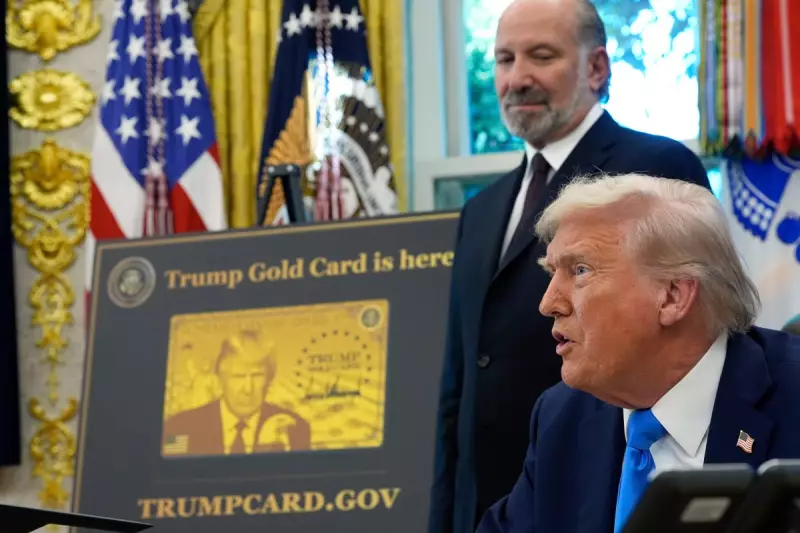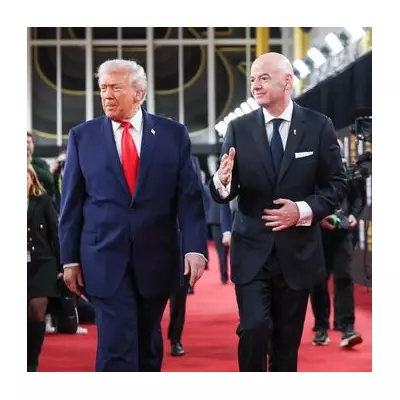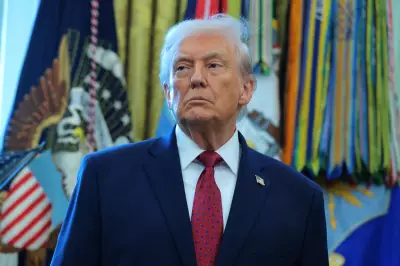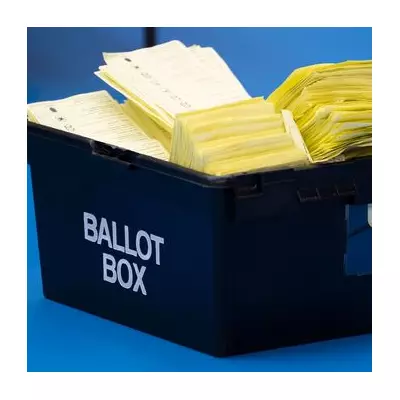
Former US President Donald Trump has issued a stark warning to India, pledging to significantly curb the issuance of H-1B work visas for Indian nationals if he returns to the White House. This move, which directly targets a cornerstone of the US-India economic relationship, has sent shockwaves through diplomatic and business circles.
The Core of Trump's Accusation
In a recent interview, Trump articulated a firm stance, accusing India and other nations of taking "unfair advantage" of the American visa system. He claimed that a re-elected Trump administration would implement a policy of "reciprocity", ensuring that the number of H-1B visas granted to citizens of a particular country would be directly tied to how many US citizens that nation employs or grants similar work permits to.
"When a country manipulates the H-1B system to our disadvantage, we will not stand for it," Trump stated, framing the issue as a matter of economic fairness for American workers.
Why This Threatens India's Tech Titan
The potential policy shift represents an existential threat to India's colossal technology sector. For decades, the H-1B visa has been the primary vehicle for hundreds of thousands of skilled Indian IT professionals to work in the United States.
- Economic Impact: The Indian IT industry is a major contributor to the nation's GDP, with a significant portion of its revenue coming from operations and contracts based in the US.
- Talent Pipeline: US visas are crucial for Indian tech giants like Infosys, TCS, and Wipro, allowing them to deploy talent on-site to serve their American clients effectively.
- Diplomatic Strain: This pledge threatens to undermine the carefully cultivated strategic and economic partnership between Prime Minister Narendra Modi's government and the US.
A Repeat of Previous Policies
This is not the first time Trump has taken aim at the H-1B programme. During his first term, his "Buy American, Hire American" executive order led to increased scrutiny and denial rates for visa applications, causing significant anxiety within the Indian tech community. A second term could see even more stringent and permanent restrictions put in place.
The proposal underscores a potential return to a more isolationist and protectionist US immigration policy, putting global talent mobility at risk and creating new challenges for international businesses that rely on a skilled, multinational workforce.





